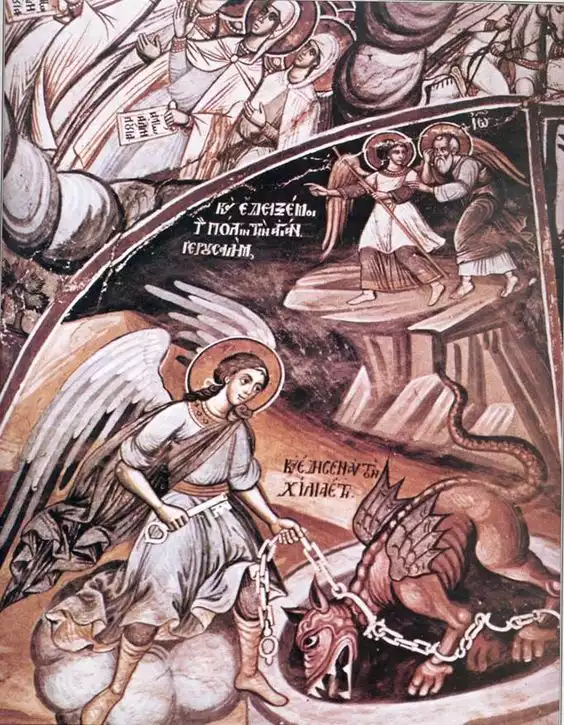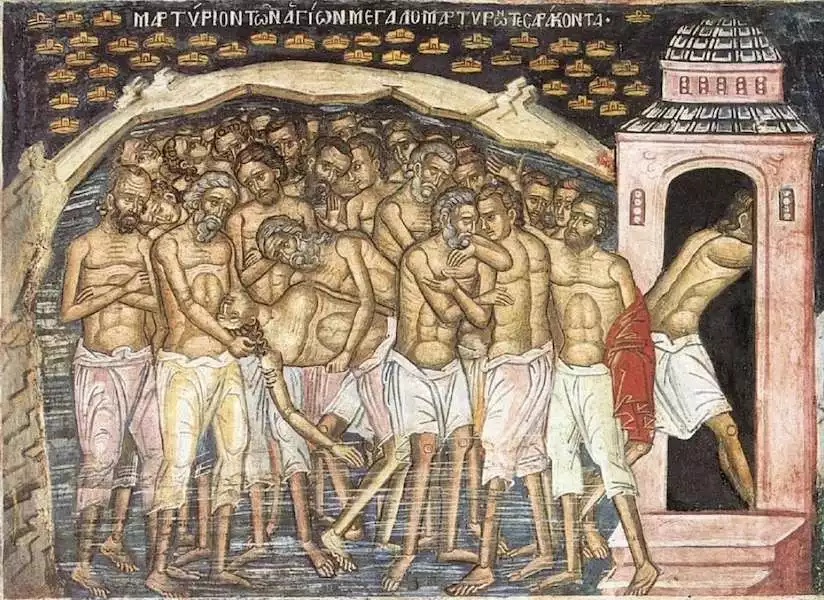Day in the Bible | Ημέρα (Greek) / יוֹם (Hebrew) | Noun
Etymology and Semantic Analysis The word ‘day’ in English is derived from Old English ‘dæg’. In the New Testament, the Greek equivalent is ‘ημέρα’ (hēmera), signifying a 24-hour period or daylight hours. In the Hebrew Bible, ‘יוֹם’ (yom) carries a similar meaning. The semantic range of ‘day’ varies: it can denote a literal day, a […]
Revelation, Book of | A Comprehensive Examination

The Book of Revelation, often referred to simply as Revelation or the Apocalypse, is the final book of the New Testament and consequently the Christian Bible. Its authorship is traditionally ascribed to John of Patmos, an island in the Aegean Sea, around 95 AD, although precise dates of composition remain debated among scholars. Notably, Revelation […]
Abaddon | Biblical Context and Theological Interpretations

Abaddon, a term of profound theological and symbolic significance, emerges within the Biblical narrative as both a place and an entity. Its etymological roots, traced back to Hebrew, denote “destruction” or “doom,” establishing a formidable presence within scriptural texts. Etymological Analysis The Hebrew origin of Abaddon, אֲבַדּוֹן (‘avadon), is fundamentally linked to notions of […]
